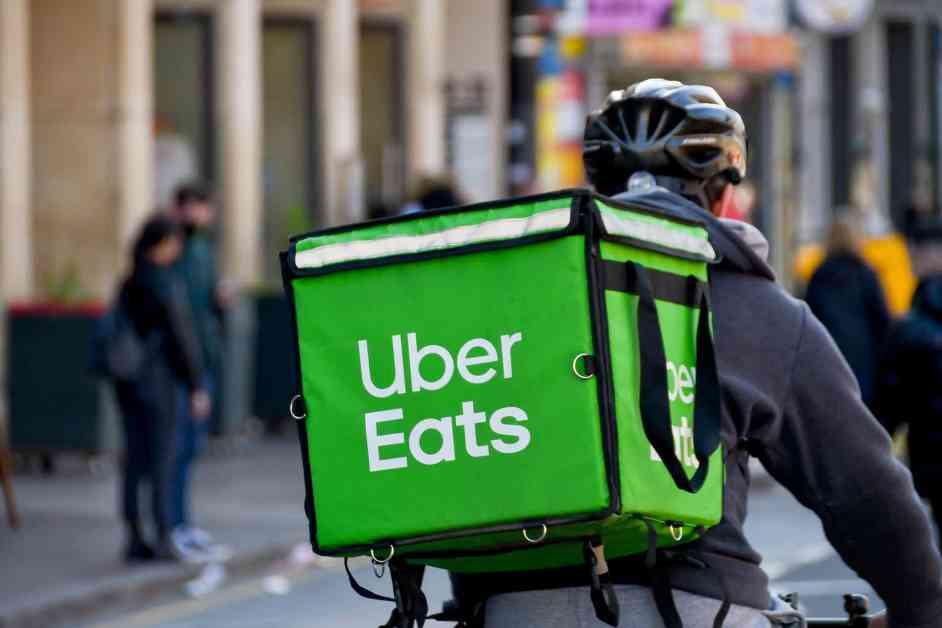Last-mile delivery has become a crucial aspect of the business world, especially in the current post-pandemic environment. Companies like DoorDash and Uber are heavily investing in expanding their infrastructure to meet the growing demand in both the supply chain and consumer retail sectors. Uber, in particular, has made significant strides in the delivery and retail fulfillment space, outpacing its competitors like Lyft and coming close to DoorDash in terms of delivery-based gross bookings.
What sets Uber apart from its peers is its ability to achieve profitable growth while also delivering value to its shareholders. The company’s focus on the delivery business has paid off, with the segment accounting for nearly half of Uber’s overall gross bookings volume. This growth has far outpaced the company’s overall gross bookings volume growth rate, positioning Uber for success in the coming years.
Uber’s success in the delivery business can be attributed to its ability to leverage its existing network of drivers to expand its reach. The company has also shown a strong commitment to profitability, with the delivery segment significantly increasing its EBITDA year over year. Uber’s CFO highlighted the company’s expansion into the retail space, delivering a wide range of products beyond just food and groceries.
One key advantage for Uber is its dense network of drivers, which allows for efficient and cost-effective delivery services. The company has been able to achieve impressive EBITDA margins in the majority of countries it operates in through its delivery business. Despite facing regulatory challenges, Uber has shown resilience in managing these headwinds and continuing to grow its business.
Looking ahead, Uber’s delivery business is expected to be a major growth driver for the company. The recent acquisition of Delivery Hero’s foodpanda business in Taiwan and partnerships with companies like Waymo for autonomous vehicle deliveries demonstrate Uber’s commitment to expanding its delivery services. With a strong focus on profitability and sustainable growth, Uber’s delivery business is well-positioned to drive the company’s success in the coming years.
In conclusion, Uber’s delivery business presents a significant opportunity for the company to stand out in the market and drive future growth. With a focus on profitability, network expansion, and strategic partnerships, Uber is poised for success in the competitive delivery landscape. Investors may find value in considering Uber as a strong buy based on its current performance and growth prospects.
















